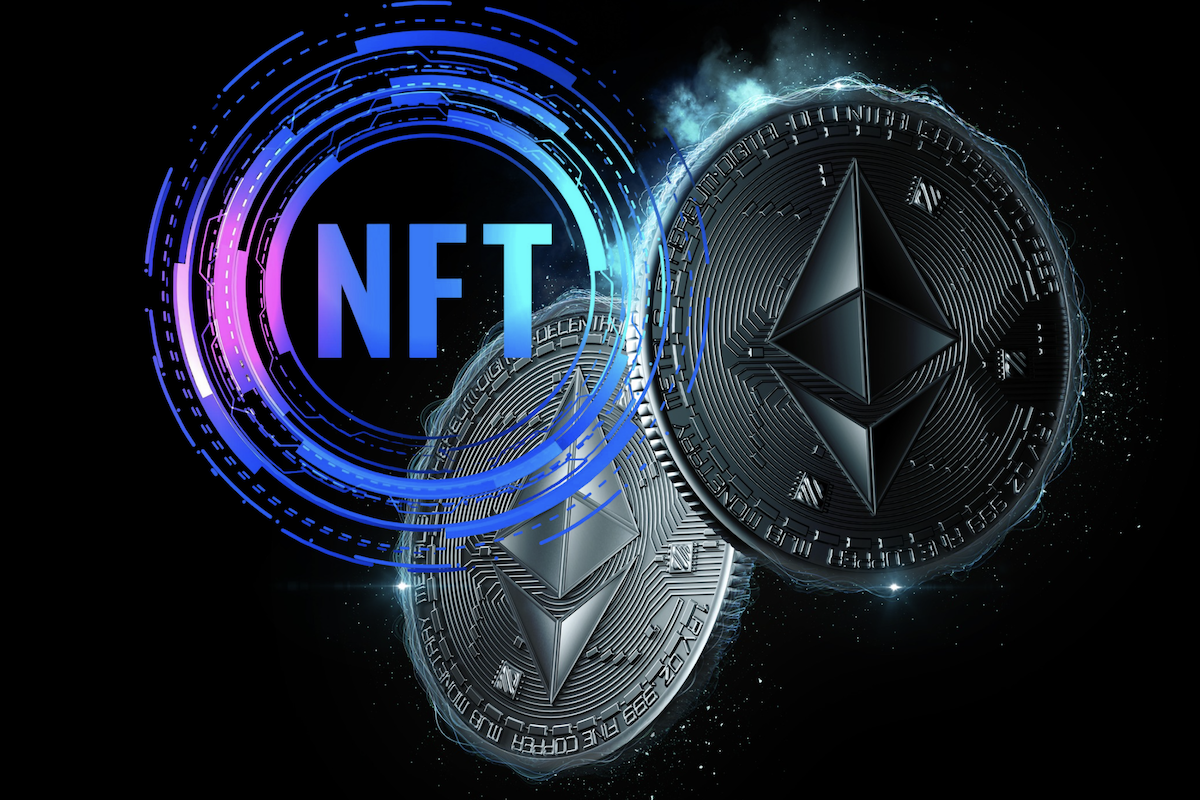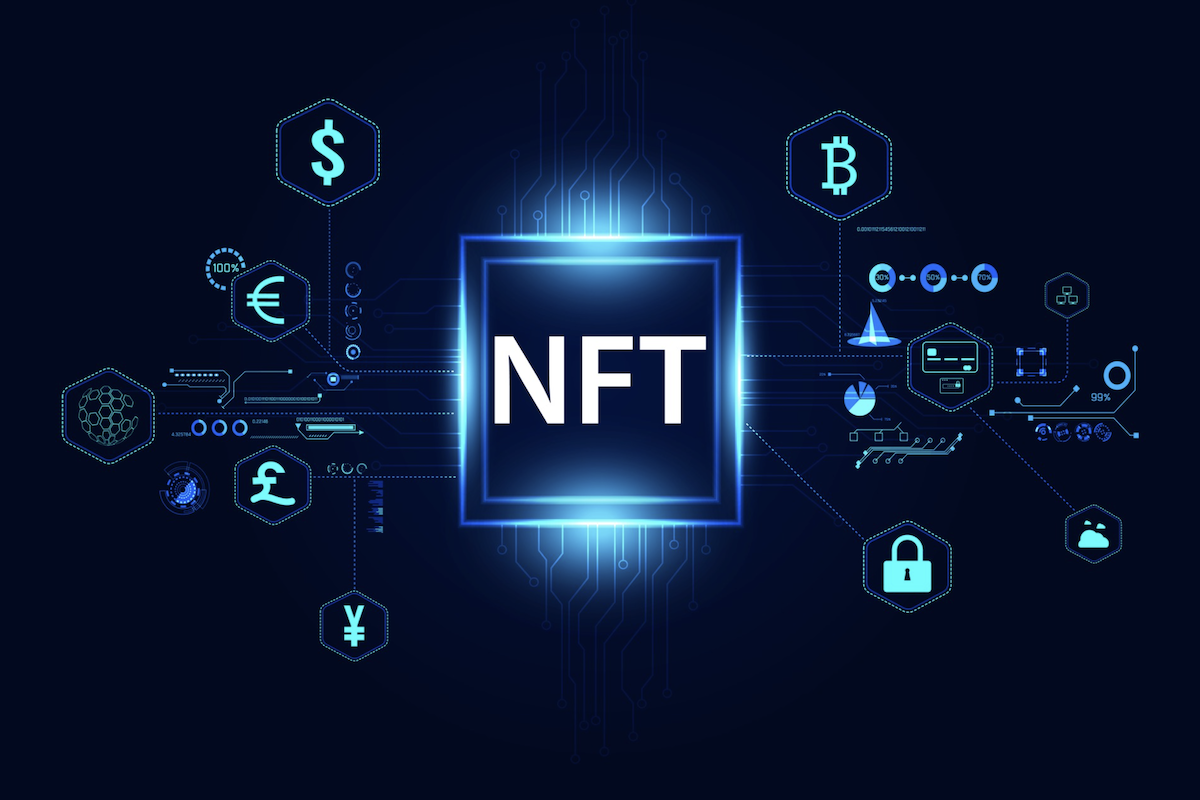IOTA Foundation's Web3 Identification Solution Selected for European Blockchain Sandbox
Discover the IOTA Foundation's Web3 Identification Solution and its impact on KYC procedures and privacy in the Web3 realm.

The IOTA Foundation's Web3 Identification Solution has been chosen for the European Blockchain Sandbox program, signifying a major advancement in the development of Know-Your-Customer (KYC) procedures and privacy within the Web3 realm. This decision is crucial in driving discussions on regulatory considerations surrounding KYC and privacy, particularly as decentralized finance (DeFi) draws increasing attention from authorities.
European Blockchain Sandbox Initiative
In 2023, the European Commission launched the European Blockchain Sandbox, a controlled environment for testing and validating new distributed ledger technology (DLT) solutions. This initiative aims to promote collaboration with regulators throughout the EU, facilitating rigorous evaluation of innovative projects within a supportive framework.
Each cohort, consisting of a maximum of 20 projects, is carefully selected based on factors such as maturity, legal and regulatory relevance, and alignment with the EU's broader policy priorities. This year's selection process resulted in a diverse group of 20 projects chosen from a pool of 60 applicants in various industries including fintech, secure data sharing, real estate trading, and public security.
The Web3 Identification Solution by IOTA Foundation
The IOTA Foundation, in partnership with walt.id, IDnow, Bloom Wallet, and HAVN, has created the Web3 Identification Solution to transform outdated KYC procedures. These methods have faced criticism for being inefficient, expensive, and posing privacy risks. The innovative solution utilizes DLT and tokenization to offer a more streamlined, secure, and privacy-centric approach to verifying identities.
The identification process starts with remote verification done by IDnow, a well-known identity verification platform in Europe that adheres to EU Anti-Money Laundering (AML) and KYC regulations. Once confirmed, the identity data is encrypted through walt.id and kept as a soulbound token within the Bloom Wallet.
This token can be utilized on various Web3 applications to authenticate the user's identity without revealing personal details, significantly improving security and giving users more control over their private data. The HAVN Network offers an exclusive EVM-compatible KYC chain architecture connected to the Shimmer network, ensuring compliance with regulations and facilitating seamless interchain communication and transaction validation.

Impact and Implications
IOTA's Web3 Identification Solution being chosen for the European Blockchain Sandbox is a significant achievement that paves the way for important regulatory conversations regarding KYC and privacy in the Web3 space. This progress holds great significance as DeFi becomes a key focus for regulators. Thanks to its capability to tokenize and securely store identity data, the solution enables a smooth and reusable KYC procedure, reducing the need for redundant identity verifications and enhancing user satisfaction.
This initiative aligns with wider European efforts to improve digital identity verification. The recently updated European Digital Identity (EUDI) regulation, set for implementation in May 2023, requires member states to offer a minimum of one EU digital identity wallet to all individuals who reside or hold citizenship within their borders by 2026. These digital wallets serve the purpose of securely signing and storing various documents, signifying an important stride towards the digitization of identity verification.
Additional Developments
Aside from the Web3 Identification Solution, the IOTA ecosystem has also been bolstered by a collaboration with Pyth Network. This partnership seamlessly incorporates Pyth's oracle services into the IOTA EVM, heightening data precision and protection for decentralized exchanges (DEXs), lending protocols, and derivatives platforms. With Pyth Network providing constant price updates at a frequency of multiple times per second, their services benefit over 300 applications and 50 blockchains, guaranteeing uninterrupted access to reliable data.
IOTA's Web3 Identification Solution is a prime example of the industry's current push towards establishing strong digital identity solutions in our ever-growing digital landscape. The Open Network's palm scanning technology, which rewards individuals with Toncoin (TON) tokens for verifying their identity, serves as another demonstration of this trend.
Final Thoughts
The implementation of IOTA's Web3 Identification Solution in the European Blockchain Sandbox demonstrates the innovative mindset of the IOTA Foundation and its partners in revamping identity verification for the Web3 realm. This progress not only bolsters regulatory dialogues, but also lays a foundation for heightened user privacy and security in online transactions. As the industry progresses, solutions like these will be vital in shaping the future of digital identity verification and regulatory adherence.





